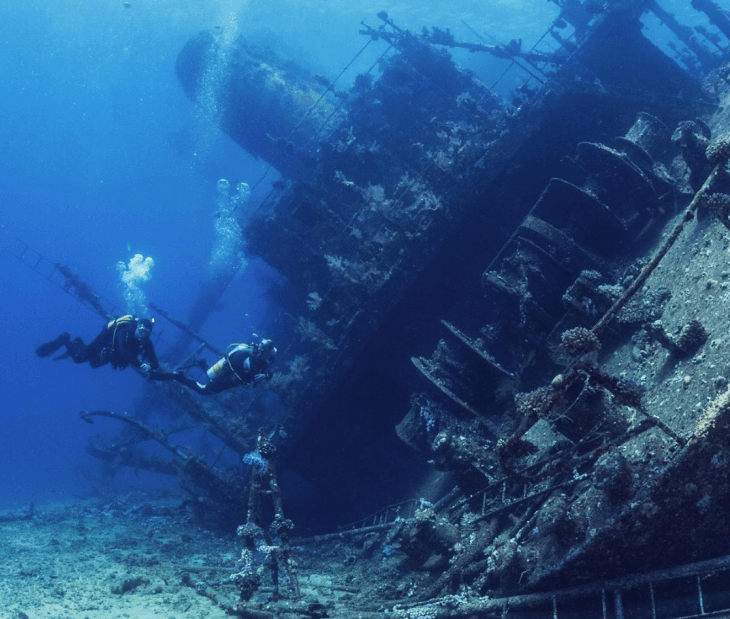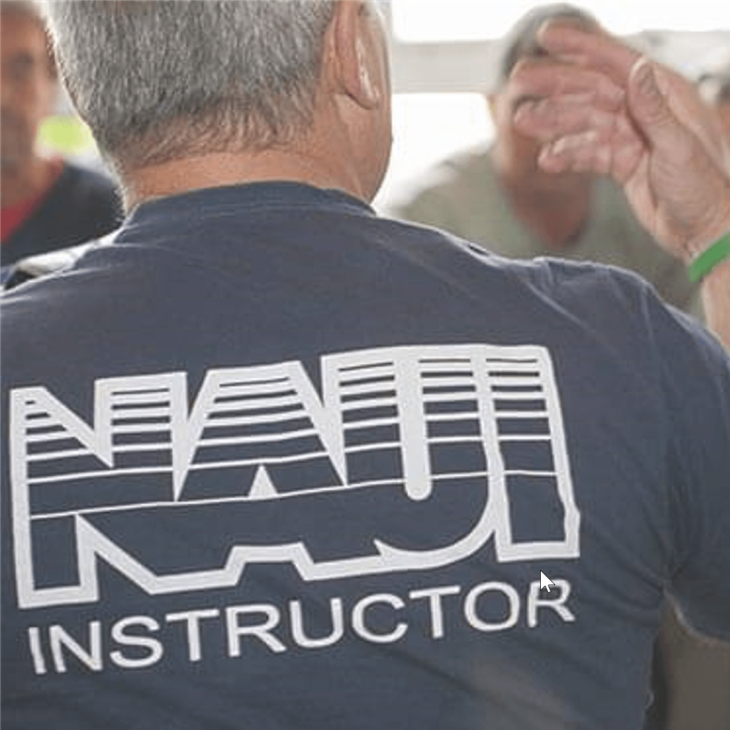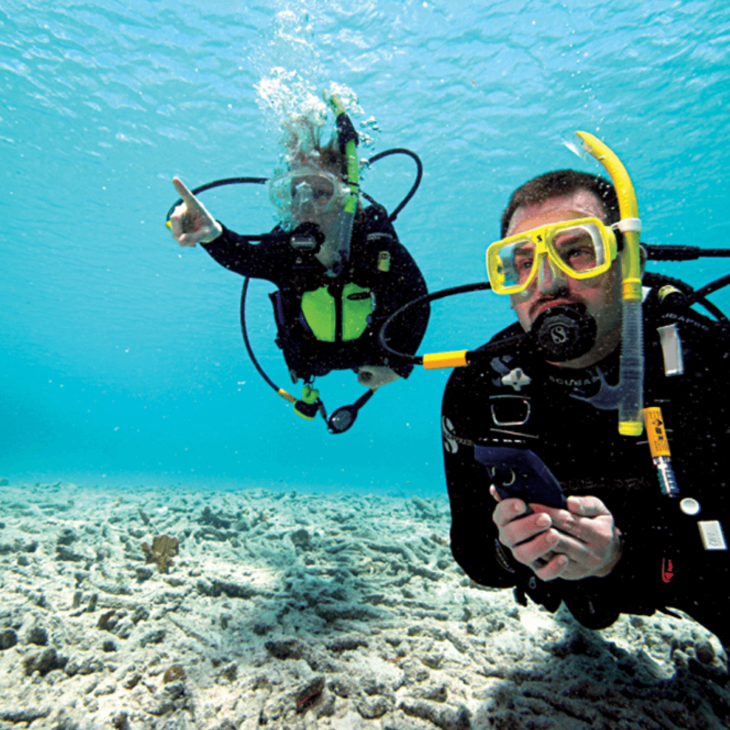Description
Overview
Despite all the best training and planning, sometimes the unexpected happens. Whether due to environmental conditions, medical emergencies or accident, divers and professionals may be called upon to intervene. In order to be prepared, NAUI provides training in First Aid, CPR, AED, Bloodborne Pathogens, Oxygen Administration and First Aid for Hazardous Marine Life Injuries. All training complies with the latest International Liaison Committee on Resuscitation (ILCOR) standards.




Reviews
There are no reviews yet.